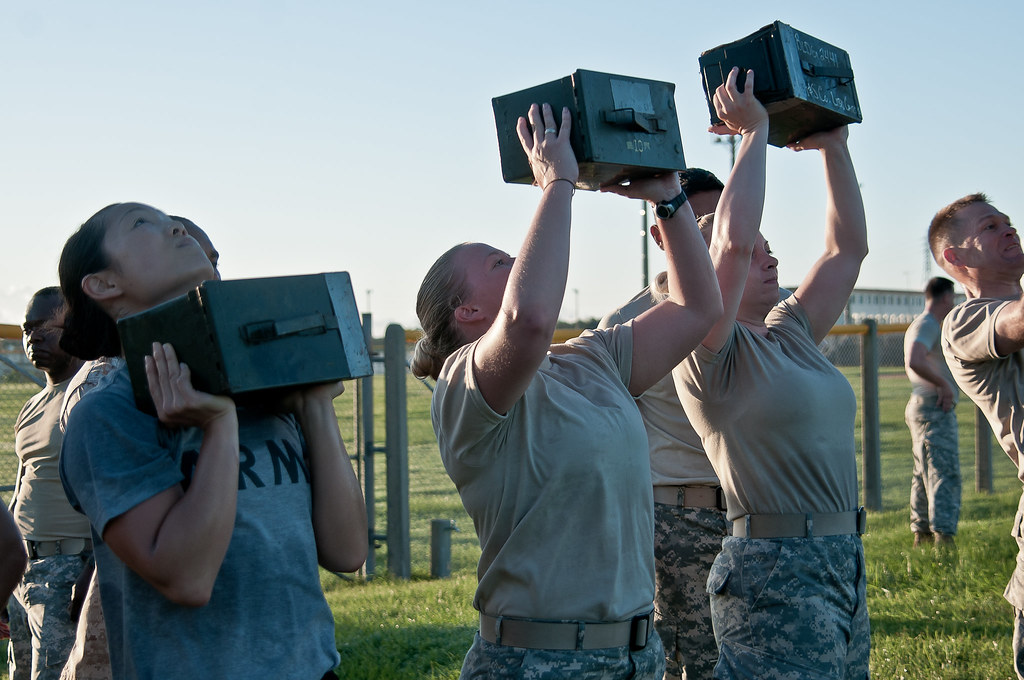I've been taking some time off of social media for a number of reasons, but a friend told me about a post you had written. Thank you for blogging your review about The Classroom Chef. Even though it isn't the most positive of reviews, and you gave a fair warning about it, I hope that everyone gets a chance to read it. So many of your thoughts resonated with me and I felt like it would be better suited for a blog reply. First off, your bullet point summary of the book was pretty spot-on!
"I had trouble as I read this book because early on John and Matt described their early teaching experiences and it brought back a whole lot of unpleasant memories for me. Their description of the days when they felt that perhaps teaching wasn’t for them actually made me cry with my own memory of feeling the same way." - David Butler
This was tough to read. The fact that our book, our words and stories, brought up such strong memories that it led you to tears, was not something that I was expecting. The pain and the stress that my first years of teaching have embedded themselves into my memory was not intended to carry over to others, but it obviously has. To that end, I want to talk about why I was able to push through: shoulders.
Lean (and cry) on me
In that moment, papers and tape dispenser in hand, Mandy walked in and sparked a conversation. She was there to support the whole school with literacy and improving achievement, but that didn't matter to me. To me, she was there to keep me afloat... and she did.
I don't have to ponder what would've happened if I couldn't go into her room, close the door, and vent, cry, yell, or just bury my head into my hands and wonder what I was doing.
I don't have to wonder what would've happened if I gave up trying new things, taking bigger risks, all to find out that it wasn't resonating with kids.
I don't have to worry what would've happened if I would have just kept trying new ways of teaching with the strong likelihood that my kids wouldn't love it.
I don't have to question any of that because she made it possible. Mandy came in and did demo lessons, co-taught when I asked her to, observed me and provided critical feedback, and even sent the occasional positive note and email when she felt it was needed.
When budget cuts happen, the support is usually the first thing to go. It's a fringe benefit, and something that we haven't had in our field until recently. If we want to keep more educators in the field, David, I truly believe that we need to make them feel supported, and not just with a killer curriculum or with pedagogical pushes. We need to help them feel wanted, to relieve them when they are at their boiling points, and give them a shoulder to lean (and cry) on as much as possible. Mandy knew what it would take to keep me going, and her shoulders are the reason that mine could bear the load of being an educator.
We all have a purpose
- Micheal Phelps has developed the shoulders of a swimmer, and a damn good one
- Dennis Cornelius has developed the shoulders of a power lifter, and a damn good one
- Simone Biles has developed the shoulders of a gymnast, and a damn good one
- Sophie Germain developed the shoulders of a mathematician, and a damn good one
- Debbie Sterling has developed the shoulders of an entrepreneur, and a damn good one
For me, it was baseball. I was supposed to play pro ball, button up my Los Angeles Dodgers uniform, and squat down behind the plate as I called pitches for Kevin Brown, Hideo Nomo, and hundreds of others throughout my illustrious career in the "Big Leagues." My slim-to-none chances of seeing that dream come to reality were crushed in 2005 with a shredded rotator cuff and torn labrum, leaving me wondering what my purpose on Earth really was.
Rehabilitating my shoulder both physically and metaphorically meant the need for a strong support system and a lot of patience.
"Looking back, I think the critical lack of support was one of the major causes of me giving up on teaching high school. Reading the descriptions of support in this book made me weep for poor past David." - David Butler
There have been times that I wept about not playing baseball, but knowing what life has served me since then makes the reality much easier to manage. My shoulders no longer help me sling a baseball to second base in an attempt to throw out a runner. They no longer help me bring the bat through the zone to drive a ball into right-center field to score two runs and help my team win. They don't carry the load of calling pitches, first-and-third plays, or squaring up to a runner coming down third base.
As an educator, my shoulders carry the load of teaching students to love learning, and hoping that the math will follow. Your shoulders might have a different purpose at the university level, but certainly not less meaningful or valuable than the one mine are employed to fulfill.
With all this, though, please do not feel like you chickened out, that you bailed on education, or that your story is an anomaly. While unique in its path, your message is one that too many teachers have gone through. Thank you for taking the time to read the book, and for being willing to write an honest reflection based on your experience.
Happy "Strong Shoulder" Fishing



 RSS Feed
RSS Feed


